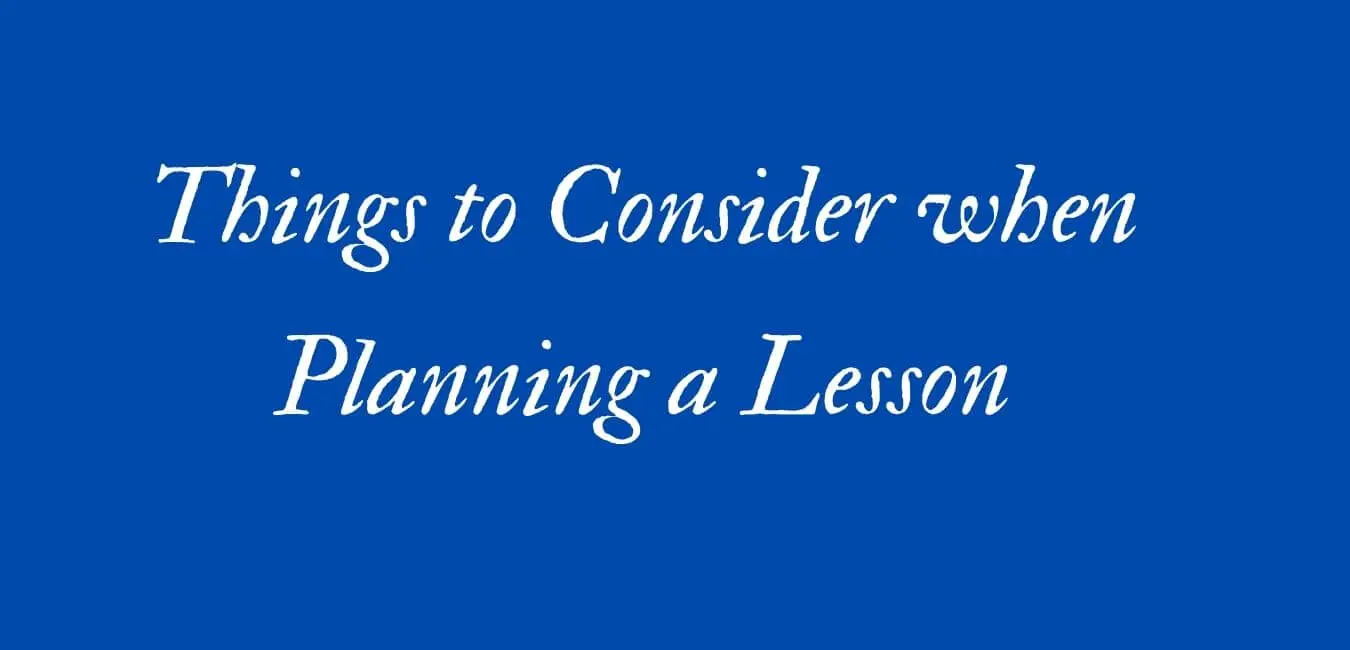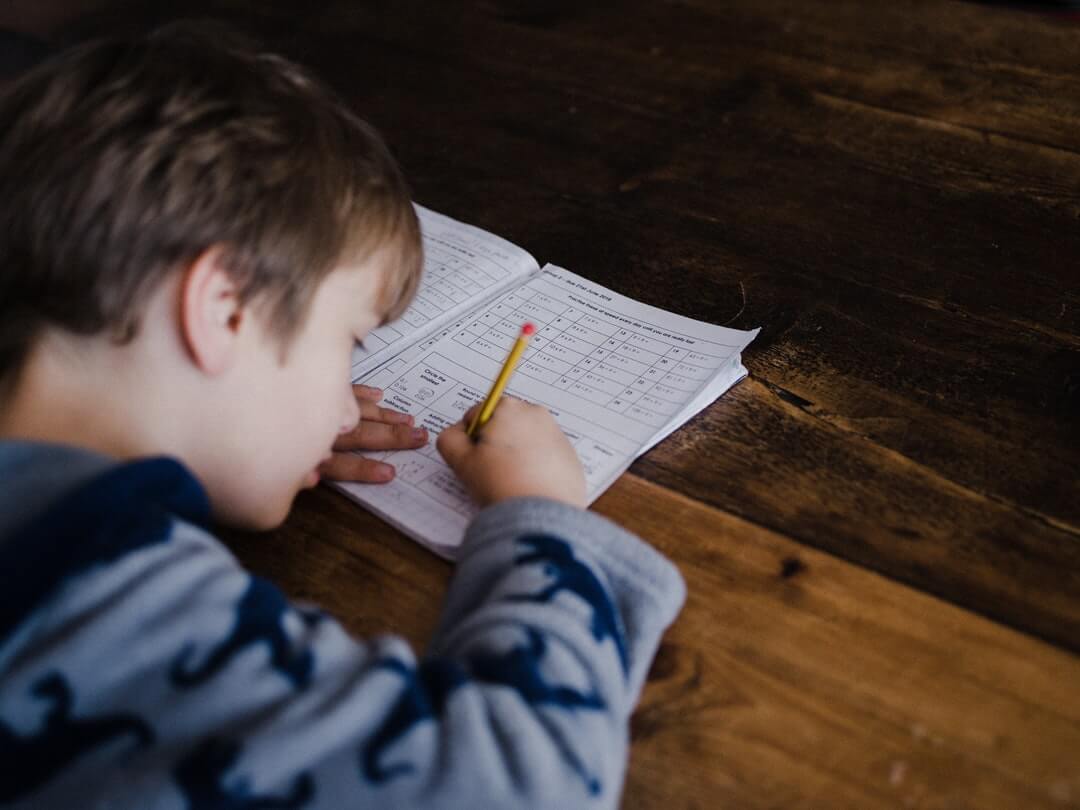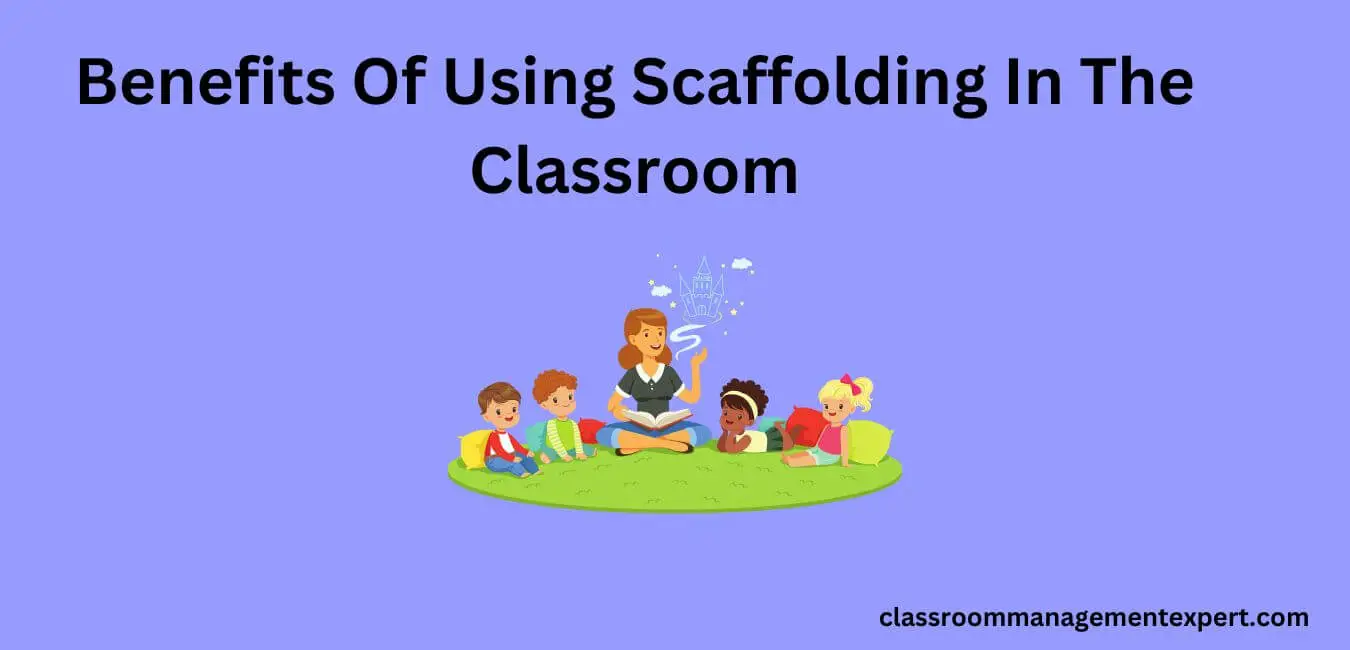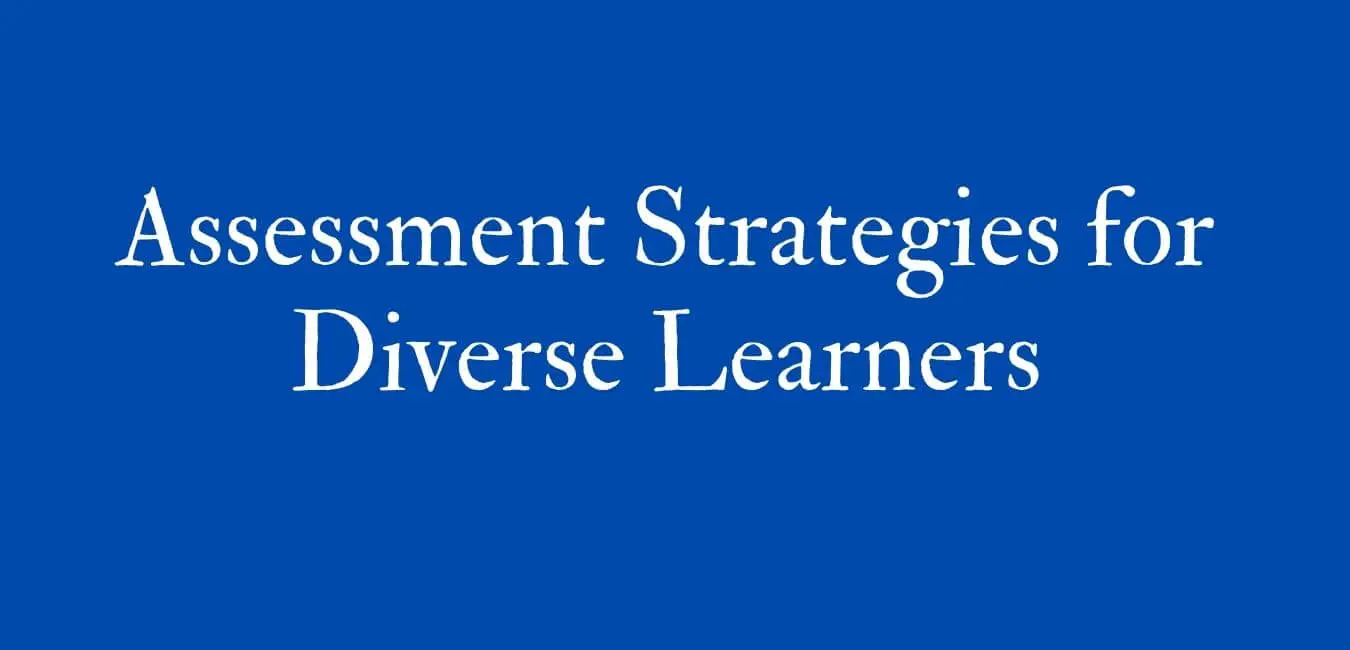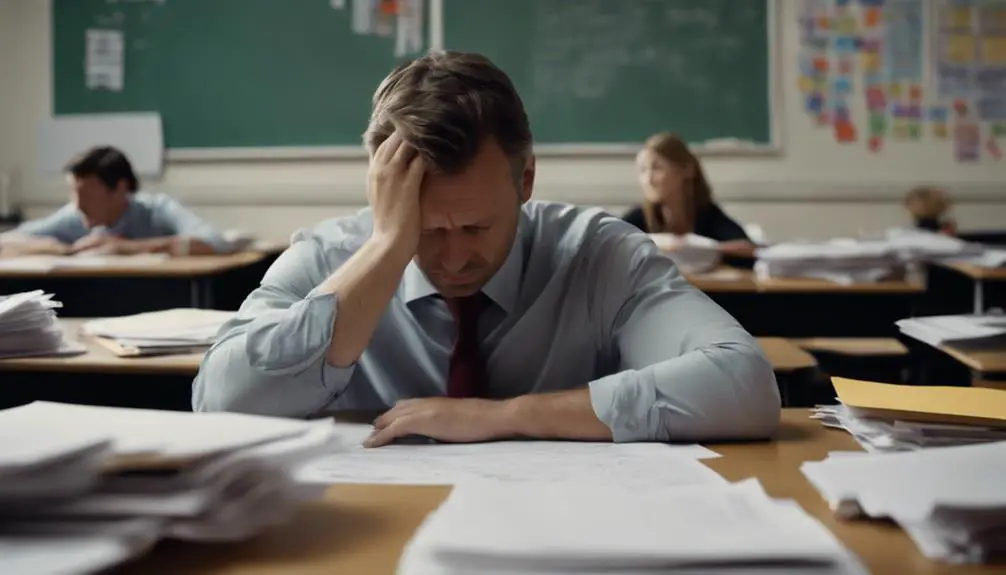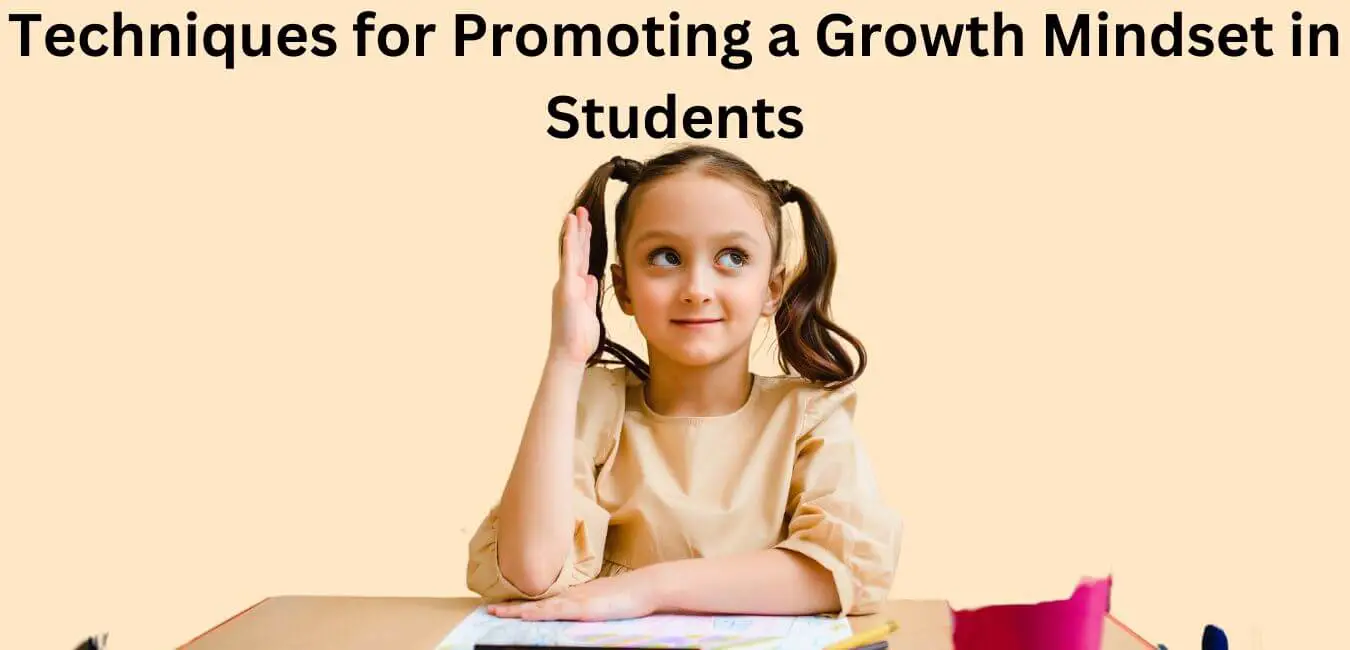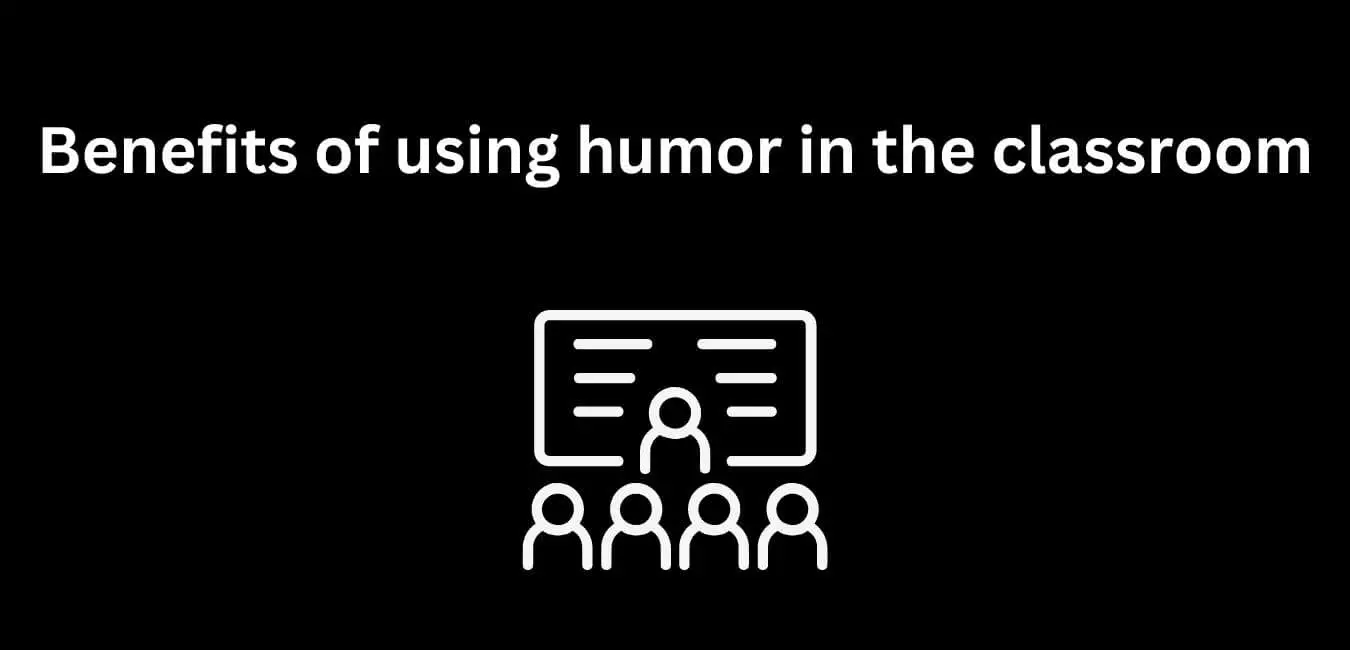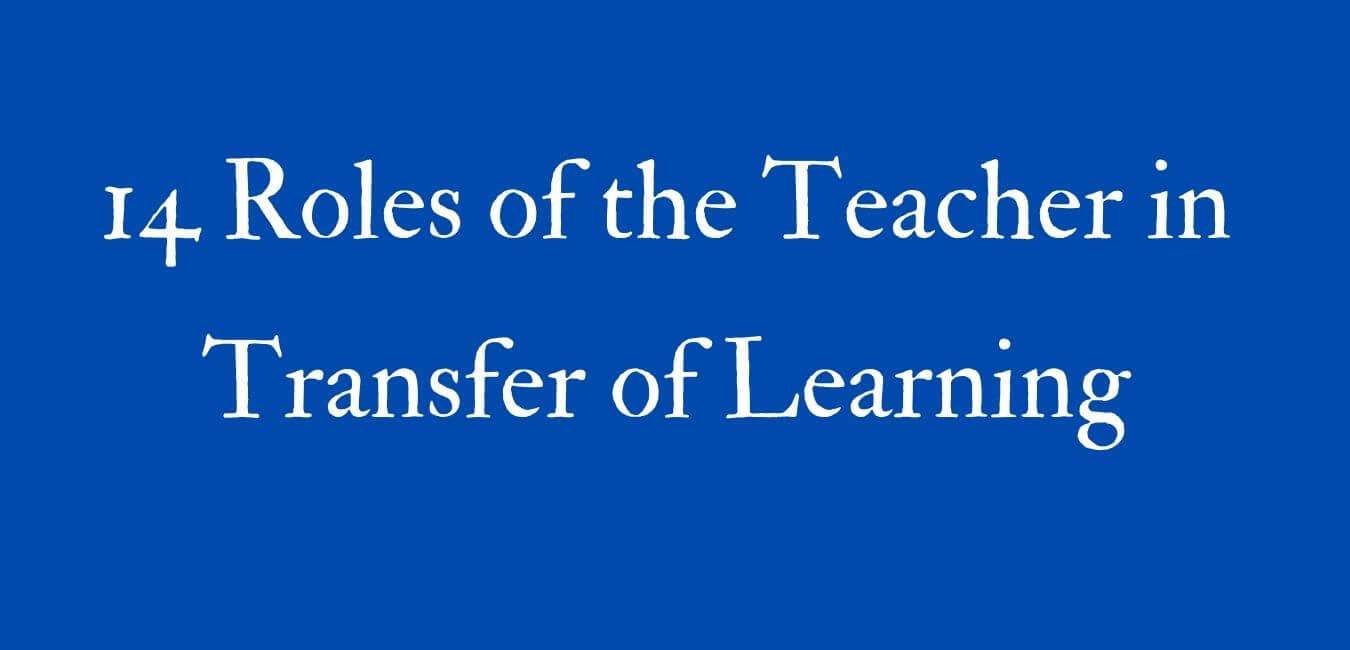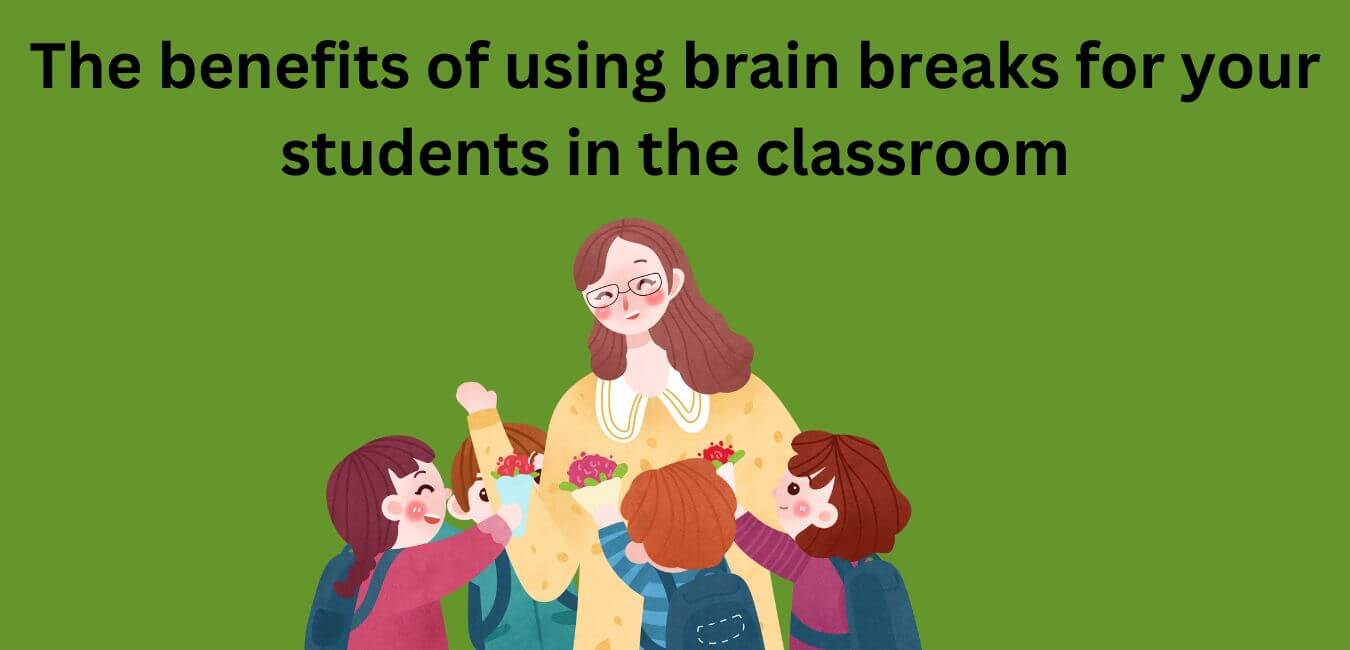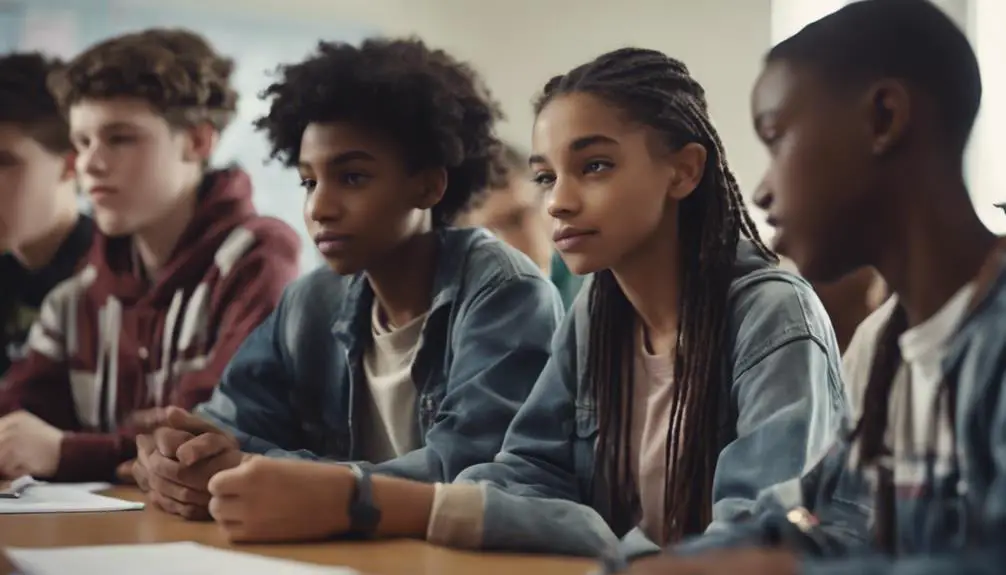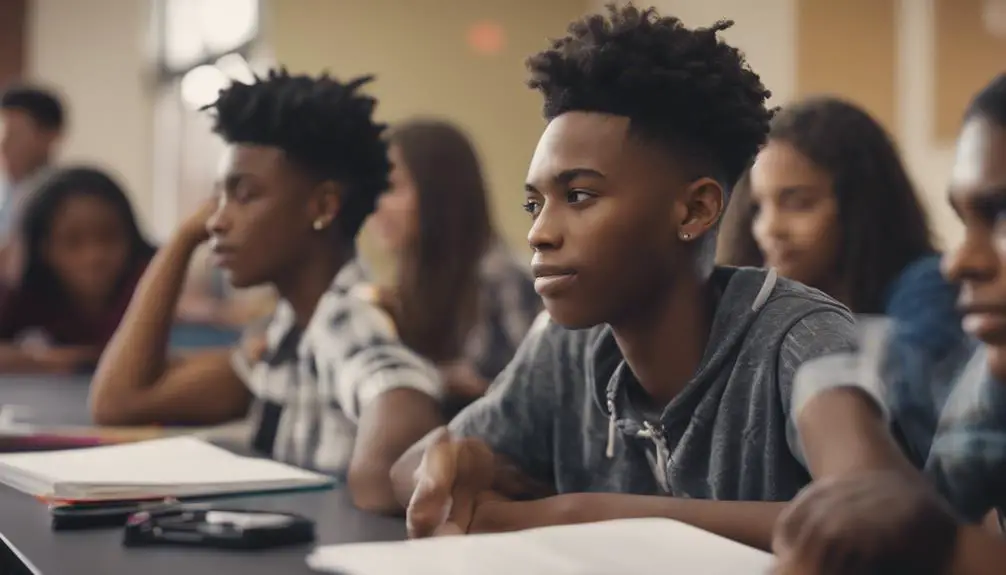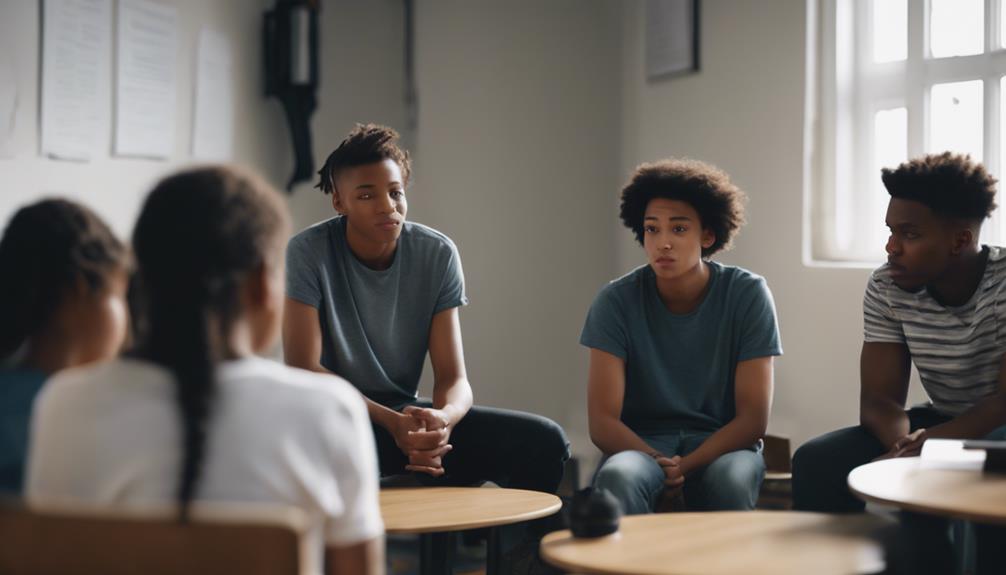Planning a lesson for your class is an important responsibility. There are many factors to consider before you select what you will be teaching and the way that you will teach it.
Teaching is not easy, but it can be done with careful consideration. Teachers need to plan their lessons well in advance. They should choose content that is of interest to students, and then prepare a lesson that is both challenging for students and achievable. Teachers should anticipate the difficulties of the lesson and overcome them before they happen. It’s also important to be flexible, so if things don’t go as planned, teachers have options for how to proceed.
In this article, we will look at the factors to consider when planning a lesson for your class. If you are ready, let us dive into the discussion.
The Importance of Lesson Planning
This section is about the importance of planning and some considerations to keep in mind when beginning a lesson. Let us check them up.
Defining Goals for Every Lesson
Planning helps you define goals for every lesson you are going to teach. The defining goal of every lesson is to provide students with the knowledge they need to succeed. A lesson plan is a sequence of planned activities for students to complete.
Every lesson plan has an introduction, a lesson, and a conclusion. When planning a lesson, you consider three things: the content, the level of difficulty, and the goal. The content has relevance to what students are learning in class and is meaningful for what they’re trying to teach.
You also determine the level of difficulty for the lesson by identifying what skills you want students to learn during that time. Finally, you decide on the outcome or purpose of the lesson, so it can guide you through each step of the process.
For example, if your objective is to have students understand how to use technology safely, then you would need to know which specific technologies will be used as well as when those technologies should be introduced into lessons.
Selecting the Right Resources to Achieve Goals
Lesson planning helps you select appropriate resources and materials to achieve the goals of your lessons. You may already have a list of required books for your course, but this does not mean they are all equally effective in achieving your objectives.
Some textbooks are more suitable than others, depending upon the subject matter being taught. For example, if you were teaching about the history of science or mathematics, you would likely want to teach from an introductory textbook rather than one written by experts on these subjects.
The same goes for any other type of resource, such as videos, websites, etc. If you do not know which book will be most useful for your students, then you should consider using a variety of different sources so that you can find out what works best with each group of learners.
Identifying Potential Obstacles
Planning lessons can help you identify the potential challenges you will encounter when teaching your lessons. For example, if you are planning to use a video in class, you may need to make sure that all computers have access to the internet and that there is enough bandwidth available.
You might also need to plan ahead to ensure that you have sufficient time to prepare before classes begin. If you want to teach an online lesson, it’s important to think about how you’ll communicate with your students during this process.
Will they receive instructions via email or text message? How do you expect them to respond? What tools will you provide to support their learning?
It Improves Quality of Your Lessons
Lesson planning helps you to deliver your lessons effectively and efficiently. It allows you to focus on the most relevant aspects of a topic while avoiding unnecessary details. This means that you can spend more time teaching rather than writing out long lists of information for each student. You also have greater control over what is covered in class because you know exactly which topics are being discussed at any given point.
Making Learning Easier for Your Students
When you plan your lessons before delivering them, you make learning and understanding easier for students. They will be able to understand concepts better if you deliver well-thought-out lessons. It further helps improve students’ achievement. That is why you need to engage in lesson planning.
Lesson Planning Reduces Behavior Problems during Lessons
Not all lessons are created equal. Some lessons go well, while others do not. Lesson planning is essential to ensure that teachers are prepared for any situation, no matter how inevitable the problem may be.
You should consider various factors before planning a lesson, some of which include the following: age range of students, desired goals of the lesson, and available resources. Planning ahead can reduce problems that often arise during lessons- such as behavior problems or lack of understanding.
When you plan your lessons, you also have time to prepare the materials needed for the lesson. This allows you to focus on teaching rather than spending extra time searching for supplies.
Factors to Consider When Planning a Lesson
Today’s teachers are asked to do more than ever before, with less time and fewer resources. How can educators reduce their stress levels? Consider the following tips for successful lesson planning:
Have Clear Goals
A lot can be learned from research done on goal setting. One particular study found that people who had clear goals were more convinced of the outcomes they could achieve and less likely to give up.
These results suggest that when teachers plan a lesson, it’s important to set goals such as what skills they want their students to master and how they will know if these skills have been achieved. Goals also allow teachers to measure their success, which is essential for refining plans in the future.
What Objectives Can Help You Meet Your Goals?
You must consider the objectives to be achieved to help you meet the goals of your lessons. For example, if one objective is “to learn about the different types of animals on Earth” then this would mean that all other learning activities should revolve around this topic.
If another goal was “to understand why some people are more intelligent than others” then this could lead to an investigation into IQ tests or even brain research. The key here is to make sure that each activity contributes toward achieving at least one of the goals.
What are the Demands of the Content?
You must determine the demands and expectations of the topic or subject you are going to teach. This will help you know what type of content you need to prepare for a lesson. For example, if your students have been studying about dinosaurs in science class, they may be interested in knowing how many species there were during their time.
You can use this information as part of your preparation by creating a timeline with pictures and facts from different sources. If your students want more details on the history of dinosaurs, then you should create an outline using these resources. The key is to find out what the needs of your learners are so that you can provide them with relevant learning materials.
What Are Your Resources?
Many teachers spend a lot of time planning their lessons, but not all teachers take the time to make sure they have the resources to teach these lessons. If you are about to start lesson planning for your class and realize that you don’t have any of the necessary resources, it is important to know what types of resources you need and where you can find them. Below we will discuss some different ways in which you may be able to get access to teaching tools such as books, videos, websites, etc.
1) Books: You should always try to use books when possible because they tend to be more comprehensive than other forms of media. However, if there isn’t an appropriate book available on the topic or concept being taught then you might want to consider using another form of media instead.
2) Videos: If a video would work better for your student’s learning needs, then by all means go ahead and use one! There are many great online sources out there that offer free educational content including Khan Academy, TED Talks, YouTube, Vimeo, PBS Learning Media, etc.
3) Websites: The internet is full of amazing resources for teachers looking to find quality materials related to their teaching topics. Many times, these sites will have links to additional information about how to implement them in class.
Time for the Lesson
You must consider the time available for you to deliver each lesson. You may need to plan accordingly so as not to overwhelm or bore your students with too much material at once. If possible, try and break up a large amount of content into smaller chunks over several lessons. This way, it’s easier for both you and your students. It also allows you to focus more attention on one topic per week rather than trying to cover everything all at once.
The Abilities of Your Students
What are the levels of your students? Their levels will determine how you plan and deliver the lesson. If you don’t know what level your students fall into, try asking their teachers or parents. You can use this information when planning out your curriculum. For example: if you have an intermediate student who is struggling in math, then perhaps you should start by teaching them basic addition before moving on to multiplication.
Consider the things that can be achieved by the lowest-ability students. What do they need to learn first? How much time does it take for a low-level learner to master something? Can they understand concepts without being able to explain why those concepts work? Are there any skills that would help these learners succeed more quickly? If so, what are some of their strengths and weaknesses? Take these questions into consideration when planning your lessons.
When planning your lessons, also consider things that will challenge the highest-achieving students. Do you have enough challenging material available in your curriculum or is this an area where you could use additional resources? Is there anything about your current lesson plan that might not be working well with certain types of learners? Think about how you can make adjustments to improve learning outcomes for all students.
Practical Exercises
Prepare practical exercises for students to perform during the lesson. They could be paper-based or oral, done individually or in groups. The purpose of these activities should be to help them practice what they’ve learned and reinforce it through real-life experience.
These are great ways to get students thinking critically about their own work and others’ work. You may want to have some examples ready so that students don’t need to spend too much time on preparation. If you’re doing this with an online course, make sure your assignments can be completed within one week.
This will give students enough time to complete the assignment before the next lesson starts. In essence, class exercises must be as practical as possible and must be doable.
Extra Supporting/Practice Materials
Plan supporting exercises to keep students who finish their work early busy. Don’t let them sit idly, or else they will engage in disruptive activities. Extra practice materials help students practice more of what they have learned in the classroom. Remember the saying, “practice makes better.”
On the other hand, it can help reduce behavior problems in the classroom. If a student is having trouble with an exercise, give him extra support material so he doesn’t feel left out. This also helps prevent boredom from setting in.
The political ramifications of the lesson you are going to teach.
In today’s politically charged climate, when planning a lesson, it is important to consider how the lesson you are going to teach will affect the students and school. In order to do this, there are a few things you can do in advance of your lesson plan.
The first is to have a conversation with your principal or other administrators who may be involved in your lesson plan. Ask them what they think about teaching certain topics such as gun control, abortion, homosexuality, etc.
If possible, ask for their input on how best to approach these issues. You should not assume that just because something has been taught before, it does not mean it needs to be repeated again.
Your Familiarity with the Topic
You must know what you are going to teach. This means having some familiarity with the topic itself. For example, if you were planning to talk about guns, then you would need to understand firearms and ammunition.
It also means knowing where the information comes from so that you can cite sources appropriately. In this case, your source could be a book or magazine article, an online resource, or even another teacher’s lecture notes. The more familiar you become with the material, the easier it will be to prepare and deliver the lesson.
Conclusion
Lesson planning is an essential part of teaching. Without proper planning, teachers can fail to reach their students and their lesson will not be as effective. This article has provided some tips on what to consider to plan your lessons effectively.

